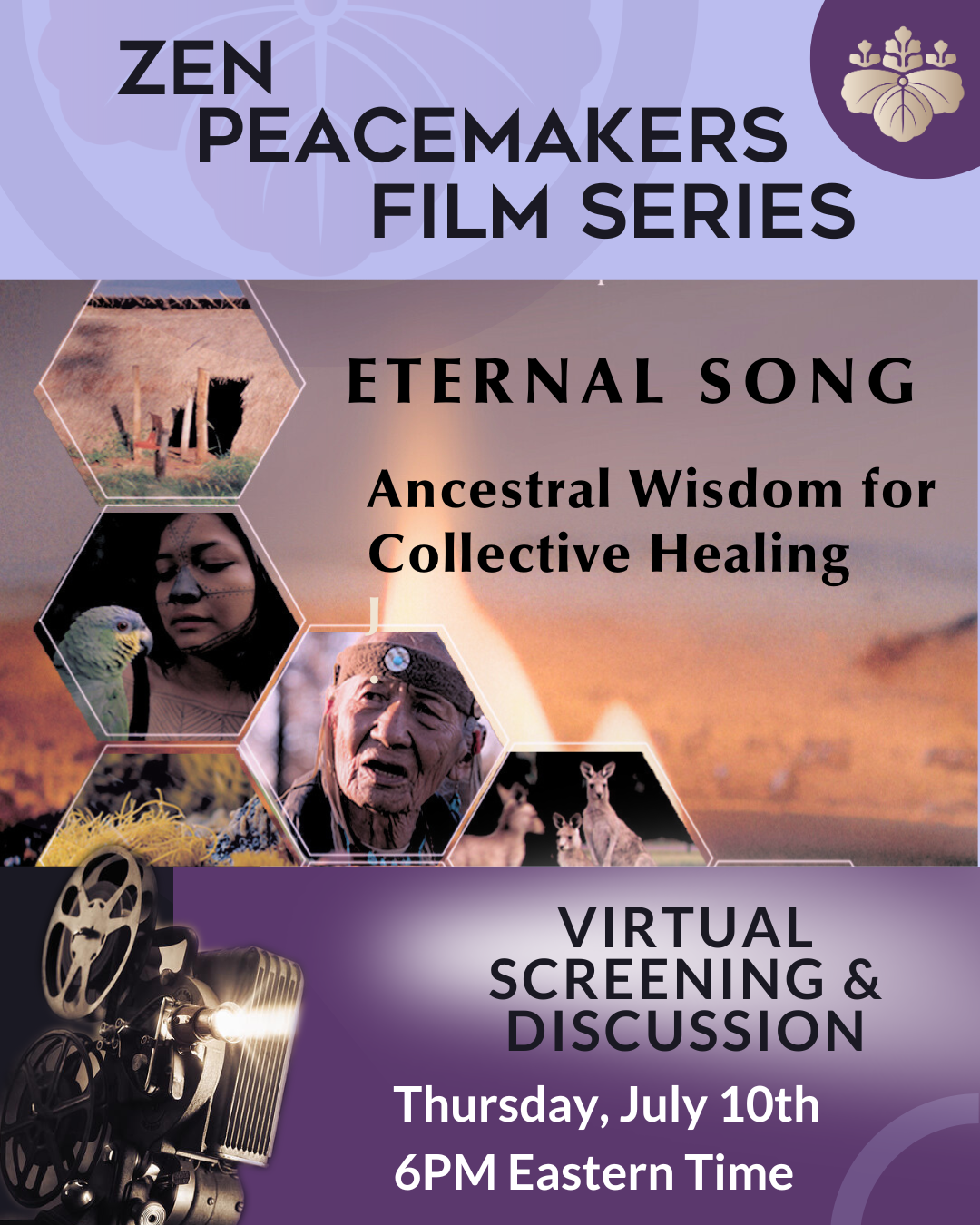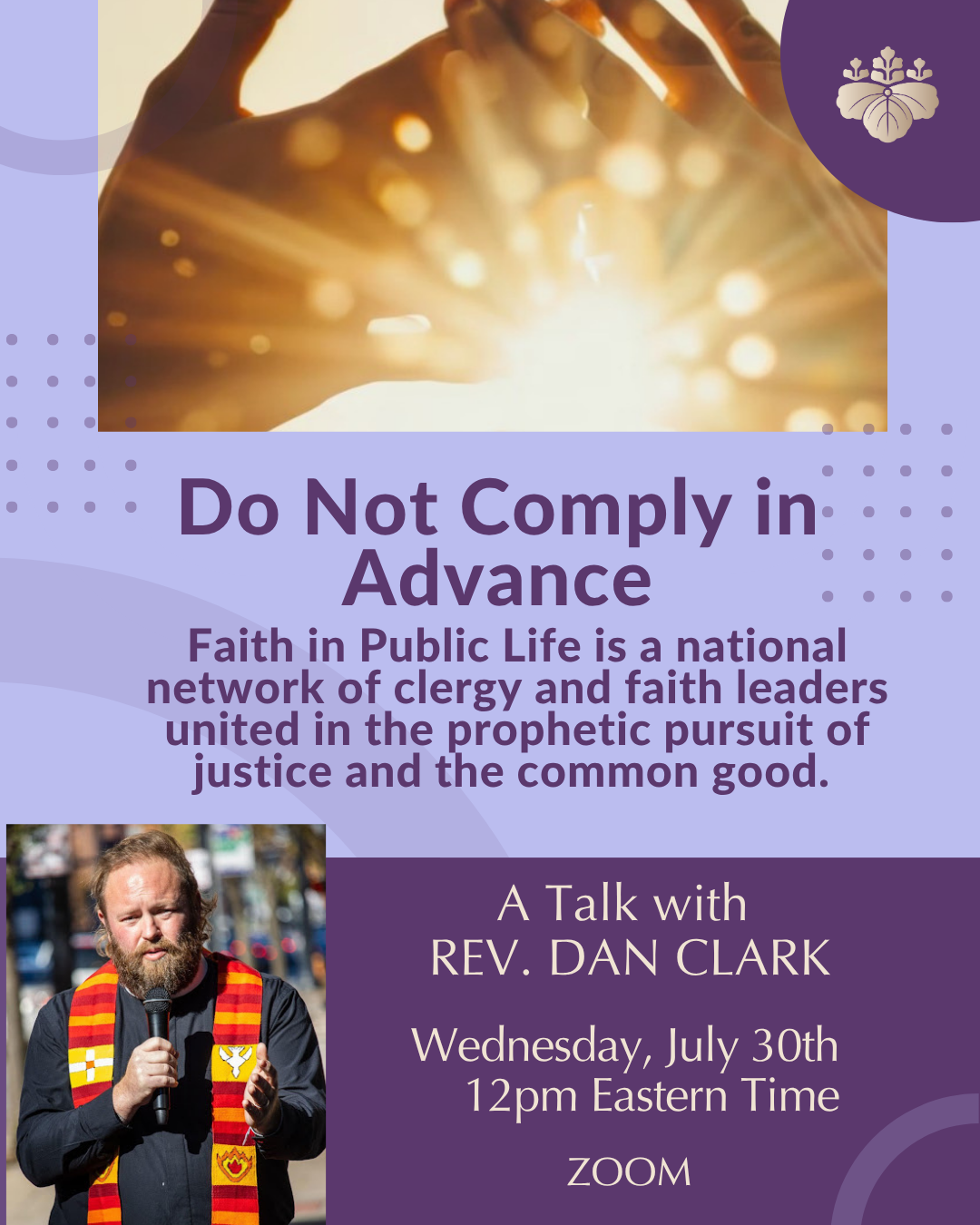 It is the opinion of many scientists (including me) that about 15 billion years ago a tremendous explosion started the expansion of the universe. This explosion is known as the Big Bang. At the point of this event all of the matter and energy of space was contained at one point. What existed prior to this event is completely unknown and is a matter of pure speculation. This occurrence was not a conventional explosion but rather an event filling all of space with all of the particles of the embryonic universe rushing away from each other. The Big Bang actually consisted of an explosion of space within itself unlike an explosion of a bomb were fragments are thrown outward. The galaxies were not all clumped together, but rather the Big Bang laid the foundations for the universe.
It is the opinion of many scientists (including me) that about 15 billion years ago a tremendous explosion started the expansion of the universe. This explosion is known as the Big Bang. At the point of this event all of the matter and energy of space was contained at one point. What existed prior to this event is completely unknown and is a matter of pure speculation. This occurrence was not a conventional explosion but rather an event filling all of space with all of the particles of the embryonic universe rushing away from each other. The Big Bang actually consisted of an explosion of space within itself unlike an explosion of a bomb were fragments are thrown outward. The galaxies were not all clumped together, but rather the Big Bang laid the foundations for the universe.
Where’s the beginning in the big bang? You can’t know what’s there before the big bang, right? You can go down pretty damn close i mean they’re going down in nanoseconds and seeing what happens in there. And they’re going forward and stuff like that. But in the very beginning, that’s what’s called a singularity. You can’t know.
Now you may notice that in the Peacemakers, our first tenet is Not Knowing. It’s a state of not knowing, so what we say is if you’re going do something first approach it from that state of not knowing, that is get back to that initial singular point – to that point before the big bang. So if i can get back to that point of Not Knowing right now, and be there, then something happens and that’s the big bang. Now it starts unfolding. And it can unfold in a very creative way because it’s starting from this point of not knowing, this singular point. It’s starting from the beginning. Whatever you believe in it was created out of that big bang. Before that there was nothing.
Our job in Zen is to experience that beginning, that place before there’s anything. That’s what’s meant by the koan “what’s the sound of one hand” It’s before any phenomena, what’s that state? It’s not so easy to experience. But it can be done, and it has been done, and it’s being done. So we want to get to the beginning. I’ll jump to the end of this discussion, but it’s also the beginning. There’s an end point as well as that beginning point. The beginning point is singular, the end point is singular, and that end point in the Christian and Jewish world is called God. In Islam, it is Allah. In the Buddhist world it’s called Maitreya. These are different terms for similar ideas. So there’s this beginning point and end point, and in between is an evolution from the beginning point to the end point. Things are evolving. But the interesting thing about it is that this end point is creating the evolution from the beginning point. So that end point is also right here, now, in the beginning. And it’s all evolving between these two points.
A little metaphysical, but what’s fascinating about it to me is that if you go to the big bang and there’s just not knowing, or if you go to our state right now and say we can get to this place of not knowing, there’s this anything can happen. As soon as something bangs, as soon as something coalesces, as soon as two relations meet and there’s an event… As soon as anything happens, each starts evolving. And the forms, and by forms i mean not just physical forms but spiritual forms and mental forms and conscious forms and unconscious forms… All the forms evolve.
If you look at one billionth of a nanosecond after that big bang, there weren’t any of us around. There were different kinds of particles – they kept evolving, and they evolved to where we are. That means everything we’re made of including our consciousness and our spiritual being dates back to that initial point. And going forward everything that we are keeps evolving to the singular point that we call God or Allah or i call Not Knowing – just the state of not knowing. So that for me the beginning point and the end point are the same and they’re drawing our evolution.
 Indra was an ancient king of India who thought a great deal of himself. One day he went to the royal architect and said that he wanted to leave a monument of himself, something that all people would appreciate. The king’s architect created an immense net, which extended throughout all space and time. And the king’s treasurer placed a bright, shining pearl at each node of the net so that every pearl was reflected in every other pearl. And each single pearl, each person, each event, contains the whole of Indra’s Net, including all of space and time.
Indra was an ancient king of India who thought a great deal of himself. One day he went to the royal architect and said that he wanted to leave a monument of himself, something that all people would appreciate. The king’s architect created an immense net, which extended throughout all space and time. And the king’s treasurer placed a bright, shining pearl at each node of the net so that every pearl was reflected in every other pearl. And each single pearl, each person, each event, contains the whole of Indra’s Net, including all of space and time.
When we realize that we are all bright pearls in Indra’s Net, we see that within each one of us the whole body of the universe is contained. Since we are all already connected in Indra’s Net, there are no limits to the possibilities of connecting with other people in our lives and our work.
Still, it’s natural for most of us to begin “networking” with the people closest to our own interests and needs. Accountants network with other accountants, poets with other poets, and social activists with other social activists. This kind of networking certainly has its uses. It’s especially effective, for example, when we need help in solving a very difficult problem. But it is not a very effective overall strategy because it leads to a narrowing instead of a widening of your network. It results in ever diminishing returns. The tax accountants end up talking only to other tax accountants; the free verse poets end up talking only to other free verse poets; and the social activists of one school end up talking only to social activists of the same school.
When we network according to the vision of Indra’s Net, on the other hand, we begin by casting the widest possible net. We do this by defining our mission in the broadest possible way.
All of that fits into my story of what interconnectedness means. I believe that we’re all interconnected; it’s all one universe. The memories we have could be from anything, since it’s all one thing. All the pearls are reflected in all the other pearls. There’s no past, present or future, and no such thing as space. It’s what Jung calls cosmic consciousness. In Buddhism, it is similar to Alaya, which means storehouse. Vijnaya is what we might call “Storehouse Consciousness.”
There is a vast storehouse of memory, a vast energy bank consisting of all the experiences that human beings have ever had, are having now, or will have in the future. My instrumentation may pick up another person’s memories and experience them as if they were my own. They may then be interpreted as “my” past life. “My” memories are part of “my” story and have no more or less substance than any other part of my story.




It is a deeply inspiring text. I would love to sit in a circle, first sit in silence together, then read it loud, then sit again, and share form our hearts. – I feel the desire or even need to let it sink in, deeply, and observe the sinking and the reflections of it. – I love the ideas of the point of not-knowing and the widest-ever-imagineable-perspective-including-everything: GOD. that is only my reflection today, this morning. – I feel, by reading and writing, that a process of letting go is unfolding. Thank you. Monika Jion.
I love your idea of Interconnectedness! And the concept of common memory, unfortunately memory doesn’t work this way. Even my own memory is inconsistent and any coincidence with the recollections of others is just that, coincidence.
“that end point in the Christian and Jewish world is called God”
Nonsense. No religion calls the beginning or the end point “God” or “Allah”. Gods are much more complex concepts, that cannot be equated to one mystical aspect or one physical happening.
“In the beginning was the Word (Logos), and the Word was with God, and the Word was God.” (John 1:1) I’d love to hear your interpretation of this gnostic saying.
It all sounds good except that I don’t understand where is the role of “free will” if the future is already laid out in front of us. ???
I thought that the space-time continuum was intrinsic to the phenomenal world. In ultimate reality I understand there is no time or space. But in ordinary reality, in the phenomenal reality it is impossible to predict even the exact shape of clouds. This element of unpredictability allows for “free will” to take place. If not why do we need to practice?